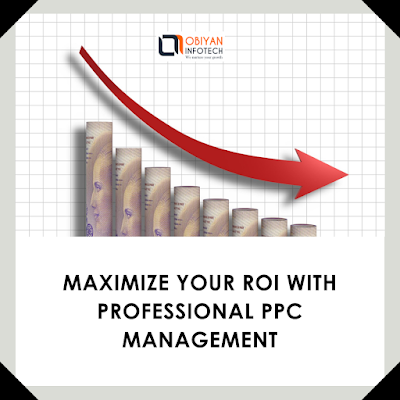How does SEO affect Ecommerce?
In today's digital age, where online shopping has become an integral part of our lives, the significance of search engine optimization (SEO) for ecommerce businesses cannot be overstated. In this article, we'll delve into the dynamic world of SEO and explore how it profoundly influences the success of ecommerce ventures. So, grab your virtual magnifying glass as we uncover the hidden treasures of SEO in the realm of online commerce.
Understanding the SEO-Ecommerce Relationship
Imagine having an exceptional online store stocked with top-notch products, but no one knows it exists. This is where SEO steps in. Ecommerce SEO Company acts as a bridge between your ecommerce store and potential customers, guiding them to your digital doorstep. By strategically optimizing various elements of your website, such as content, keywords, and user experience, you can enhance your visibility on search engines like Google.
The Power of Keyword Research
Keywords are the foundation of SEO. They are the words or phrases that users type into search engines when looking for products or information. Effective keyword research involves identifying the terms your target audience is likely to use. Incorporating these keywords naturally into your product descriptions, blog posts, and other website content can significantly improve your chances of ranking higher in search results.
Crafting Compelling Product Descriptions
In the world of ecommerce, product descriptions are your virtual salespeople. They need to be persuasive, informative, and optimised for SEO. By using relevant keywords in your product descriptions, you not only provide valuable information to potential buyers but also signal to search engines that your content is relevant to users' queries.
The Role of On-Page Optimization
On-page optimization involves optimizing individual web pages to rank higher and earn more relevant traffic in search engines. This includes optimizing meta titles, meta descriptions, header tags, and image alt text. These elements contribute to search engines' understanding of your content and play a crucial role in determining your website's ranking.
User Experience: The Silent SEO Hero
When it comes to SEO for ecommerce, user experience is often underestimated. A well-designed, user-friendly website not only keeps visitors engaged but also reduces bounce rates and encourages repeat visits. Fast loading times, intuitive navigation, and mobile responsiveness all contribute to a positive user experience, which in turn can boost your search engine rankings.
Link Building for Ecommerce Success
Link building remains a cornerstone of SEO strategy. Earning high-quality backlinks from reputable websites not only drives direct traffic but also signals to search engines that your website is trustworthy and authoritative. For ecommerce businesses, this can mean increased exposure and credibility, leading to higher search rankings.
The Mobile-Friendly Imperative
In an era where mobile devices dominate online interactions, having a mobile-friendly website is not just an option – it's a necessity. Google's mobile-first indexing means that the mobile version of your site is given priority in search rankings. Ensuring that your ecommerce site is optimised for mobile users can have a substantial impact on your SEO performance.
The Need for Speed
Page loading speed is another crucial factor in SEO success. Slow-loading websites can lead to higher bounce rates and lower user satisfaction, which can negatively affect your search rankings. Optimising your website's performance by compressing images, using browser caching, and minimising code can significantly improve its speed and overall SEO performance.
Harnessing the Power of Social Media
While the direct impact of social media on SEO is a subject of debate, there's no denying its potential to amplify your ecommerce efforts. Engaging with customers on platforms like Facebook, Instagram, and Twitter not only builds brand loyalty but also increases brand mentions and potential backlinks, indirectly influencing your search engine rankings.
The Bottom Line: SEO and Ecommerce Synergy
The relationship between SEO and ecommerce is a symbiotic one. A well-executed SEO strategy can drive targeted organic traffic to your online store, resulting in increased visibility, brand exposure, and ultimately, higher sales. By investing in thoughtful keyword research, user experience enhancements, and consistent optimization efforts, ecommerce businesses can position themselves as leaders in their niches and outrank the competition.
So, whether you're a budding ecommerce entrepreneur or an established online retailer, recognizing the profound impact of SEO on your business's success is the first step towards carving your digital footprint in the vast landscape of online commerce. Remember, SEO is not just a tool; it's your passport to ecommerce excellence.




Comments
Post a Comment